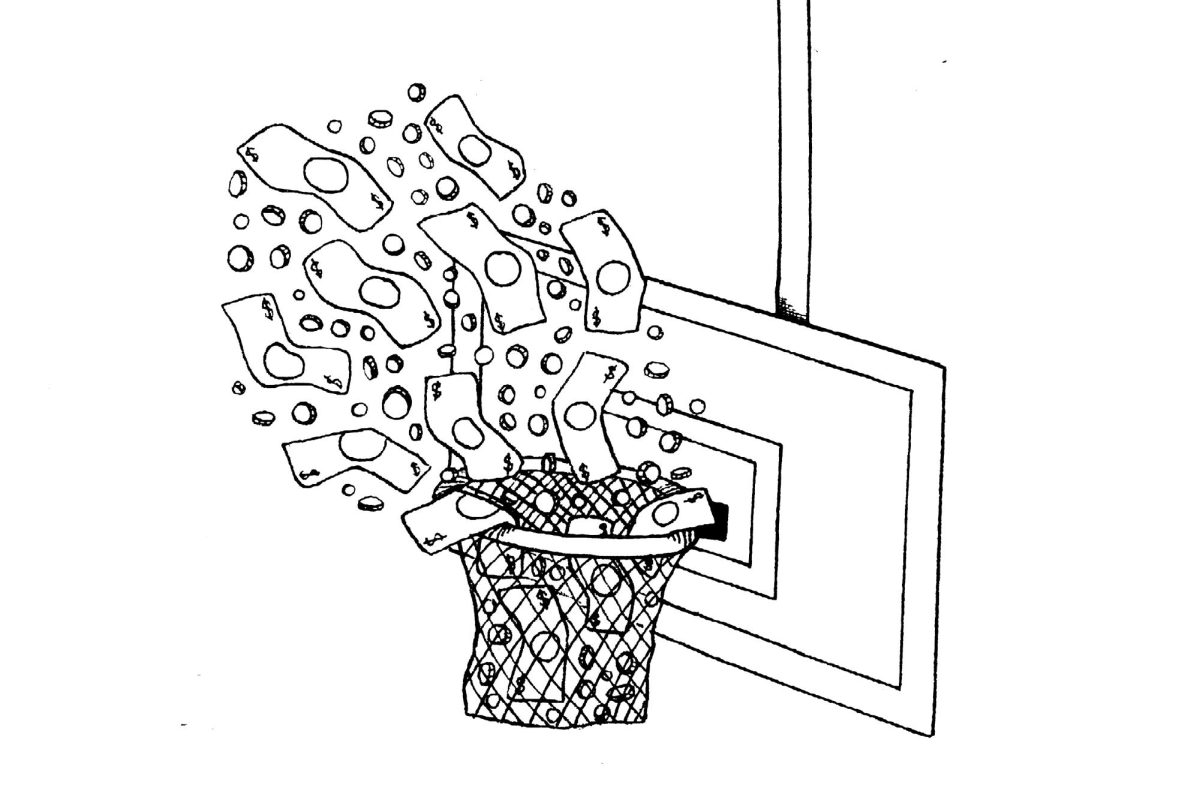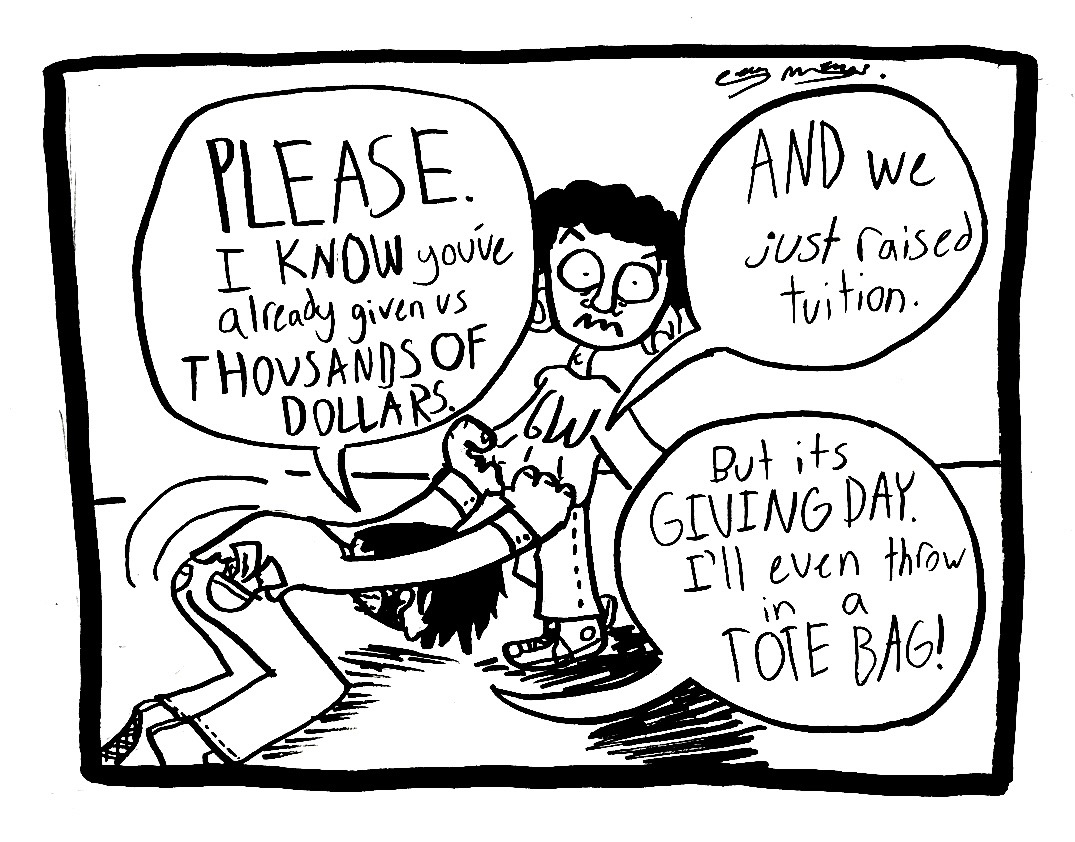To many, 18 is not their favorite birthday. Getting their drivers’ license at 16 is well behind them and the privilege of legally drinking alcohol is still three years out. But the age does mark one of the most important milestones in a young adult’s life – the age at which they can vote.
Making their voices heard through the Democratic system is crucial to ensuring that young people have a voice in the country’s decision making process, but the first-time voting process can get complicated for students starting their journeys at GW. Voting for the first time as a student can be a long process that involves requesting absentee ballots to be sent to their new addresses, filling out their ballots well in advance of voting day to ensure they can make it to their hometowns in time to be counted and navigating any delays with mailing.
And the implications of this head-spinning ordeal? The youngest generation that can vote isn’t able to make their voice heard in their own communities.
Elections at the local, state and national elections occurred throughout the country earlier this month, but officials failed to provide students with information on how to cast their ballots or to send out messages encouraging them to get involved even in an off-year election. Voting is the best way to participate in our democracy – to sustain its reputation of being a politically active school, administrators must do their best to ensure students feel empowered to participate in democracy. Off-year elections are particularly impactful because many key Congressional roles are filled. Some of the most influential elections in recent memory, including races won by Rep. Alexandria Ocasio-Cortez (D-N.Y.) and former Sen. Doug Jones (D-Ala.), were elected in off-year races.
Off-year elections – years without presidential elections when citizens elect congresspeople, mayors, city council candidates and school board members – are vital to communities, because that’s when elections are held for positions that most often work the closest with communities. Though these elections have the most direct impact on community members, Americans consistently fail to cast their ballots in time for the elections.
In the next off-year election season, GW should initiate social media campaigns with infographics or links to how to vote in your state, or posters around campus just reminding students in general. GW Votes, a nonpartisan task force in the Nashman Center for Civic Engagement and Public Service hosted a voter registration drive in Potomac Square earlier this semester to encourage first time voters to show up to the polls this election season. Enhancing efforts like these could once bolster voter turnout in future off year elections.
GW should prioritize student voting and model their efforts after other schools that have been able to increase student participation. For instance, Princeton University’s Dean of the Undergraduate Studies office launched an initiative in 2015 encouraging students from New Jersey and those from out of state to register to vote in their home states. The organization partnered with other nonpartisan organizations to launch a training program that educated students on voting. From the 2016 election to the 2020 presidential election, Princeton’s eligible student voter turnout increased by 15 percent.
Different generations often have similar political beliefs within themselves because they grew up going through the same events. This is why older generations often are more conservative, and younger generations more liberal. It’s vital that we elect people who share our hopes and dreams in order to create a better future for ourselves and others. GW can support this cause by encouraging students to vote.
Voting for a president is only a fraction of the battle for the change that we want to see. For a political party to remain in office and have the chance to promote their beliefs, people have to do their best to vote in all elections. Even for those who don’t subscribe to a party, voting is what allows us to choose who is in power. As a political school in the nation’s Capital, this applies to GW especially. The key is getting young people like us involved, and GW has the ability to make an impact among young voters.
Bridget Bushey, a freshman majoring in journalism and mass communications, is an opinions writer.



